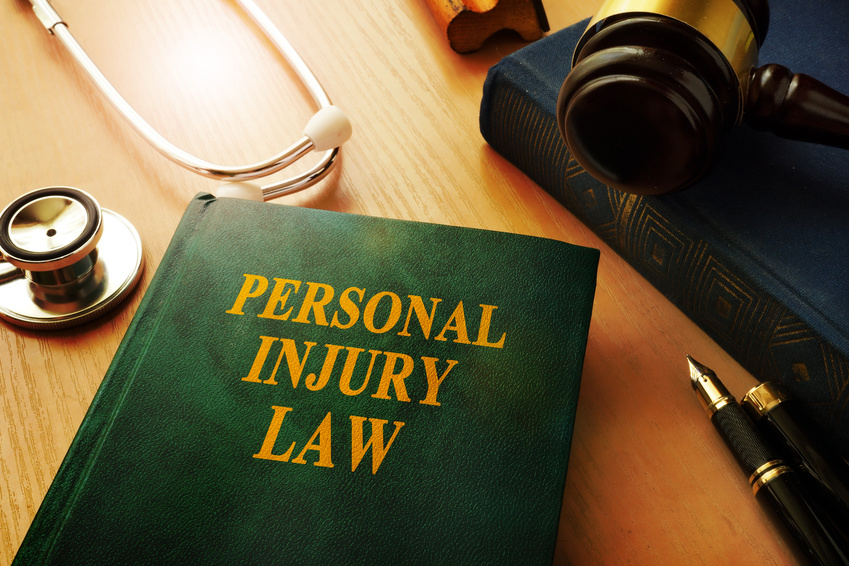Introduction to Personal Injury Attorneys
Personal injury attorneys specialize in providing legal representation to individuals who have been physically or psychologically injured due to the negligence or wrongful actions of another party. These attorneys assist their clients in navigating the complexities of the legal system, aiming to secure compensation for their clients’ losses and suffering.
Types of Personal Injury Cases
Personal injury cases encompass a wide range of incidents, including:
1. Car Accidents:
- A significant portion of personal injury cases involves car accidents caused by negligent driving, such as speeding, distracted driving, or driving under the influence.
2. Slip and Fall Accidents:
- These occur when someone slips, trips, or falls due to hazardous conditions on someone else’s property, like wet floors, uneven surfaces, or poor lighting.
3. Medical Malpractice:
- Cases where a healthcare professional’s negligence leads to harm to a patient. This can include misdiagnosis, surgical errors, or medication mistakes.
4. Product Liability:
- Injuries caused by defective products fall under this category. Manufacturers, distributors, or sellers can be held responsible if their product causes harm when used as intended.
5. Workplace Accidents:
- Employees injured on the job may be entitled to compensation beyond workers’ compensation if the injury resulted from negligence beyond their employer’s actions.
Role of a Personal Injury Attorney
1. Legal Representation:
- Personal injury attorneys serve as advocates for their clients. They gather evidence, interview witnesses, and build a strong case to establish liability and seek fair compensation.
2. Case Evaluation:
- Attorneys assess the specifics of the case, determining the extent of liability and the potential compensation the injured party may receive.
3. Negotiation:
- They negotiate with insurance companies or the opposing party’s legal representatives to secure a fair settlement that adequately compensates their client for damages, including medical expenses, lost wages, and pain and suffering.
4. Litigation:
- If a settlement cannot be reached through negotiation, personal injury attorneys are prepared to take the case to court. They present arguments, examine witnesses, and advocate for their client’s rights in front of a judge and jury.
5. Legal Counsel:
- Throughout the process, attorneys advise their clients on legal matters, ensuring they understand their rights and the potential outcomes of their case.
Importance of Hiring a Personal Injury Attorney
1. Legal Expertise:
- Personal injury law can be intricate, and having an attorney who understands the legal process and relevant laws significantly increases the chances of a successful case.
2. Fair Compensation:
- Attorneys work to maximize their client’s compensation, taking into account various factors such as medical expenses, lost income, and long-term effects of the injury.
3. Navigating Complexity:
- Legal procedures, paperwork, and negotiations can be overwhelming for someone not well-versed in the legal system. Attorneys handle these complexities, allowing clients to focus on their recovery.
4. Resource Accessibility:
- Attorneys have access to resources like expert witnesses, investigators, and medical professionals who can strengthen the case and provide valuable insights.
Steps Involved in a Personal Injury Case
1. Initial Consultation:
- The process usually begins with an initial meeting between the attorney and the injured party. During this consultation, the attorney evaluates the case and advises on the next steps.
2. Investigation:
- Attorneys conduct a thorough investigation to collect evidence, gather medical records, interview witnesses, and assess the extent of damages.
3. Demand and Negotiation:
- The attorney presents a demand letter to the opposing party or insurance company, outlining the damages and the compensation sought. Negotiations ensue to reach a settlement.
4. Litigation (if necessary):
- If a settlement cannot be reached, the case may proceed to trial. The attorney represents their client in court, presenting the case before a judge and jury.
5. Resolution and Compensation:
- If successful, the case concludes with a settlement agreement or a court decision. The injured party receives compensation for their losses.
Conclusion
Personal injury attorneys play a crucial role in helping individuals seek justice and fair compensation after suffering injuries due to someone else’s negligence. Their expertise, negotiation skills, and legal representation empower injured individuals to navigate the legal complexities and achieve the best possible outcome for their case.

